Technology is increasingly integrated into business processes, driving efficiency and innovation. Behind many technological solutions, Object-Oriented Programming and SOLID Principles play a crucial role.
In this article, we will explore in an accessible and understandable way the SOLID Principles, which are fundamental for building high-quality software.
What are the SOLID principles?
SOLID is an acronym that combines the five principles of Object-Oriented Programming; in other words, it is a principle that encompasses five others.
And these principles are more focused on managing dependencies in software. Therefore, any oversight regarding SOLID Principles can lead to code that is difficult to maintain, fragile, or even non-reusable.
The acronym is formed by the following abbreviations of the terms:
- Single Responsibility Principle (SRP)
- Open/Closed Principle (OCP)
- Liskov Substitution Principle (LSP)
- Interface Segregation Principle (ISP)
- Dependency Inversion Principle (DIP)
Deciphering each principle
To better understand the concept of SOLID Principles, it is crucial that each principle is understood individually.
See each of them below.
Single Responsibility Principle (SRP)
Imagine that each component of the software has a single task, avoiding confusion. That’s the idea behind the Single Responsibility Principle. For a company, this means systems that are easier to understand and maintain.
Translating into practice, it’s like having an employee specialized in a specific function, ensuring efficiency and avoiding problems related to multitasking.
Open/Closed Principle (OCP)
The ability to expand software without changing the existing structure is crucial. This is exactly what the Open-Closed Principle proposes.
This principle suggests two actions: that your resources are open for extension and closed for modification. Imagine adding new features to the system without disrupting what is already working. That’s great!
The danger of leaving some parts too open for changing their initial properties is that the initial behavior becomes unprotected. Since these parts are crucial for various functionalities.
This lack of protection makes it difficult to extend these functionalities, as you may lose control of modifications, and existing behaviors may be affected by new implementations.
For businesses, this means shorter development time for new features, a lower chance of errors in existing and previously tested functionalities, and fewer disruptions in daily operations.
Liskov Substitution Principle (LSP)
In simple terms, this principle ensures that making improvements in one part of the system does not cause problems in other areas.
This is like optimizing a process without negatively affecting others. The Liskov Substitution Principle translates into smooth and consistent updates, without unpleasant surprises.
Interface Segregation Principle (ISP)
Large and generic interfaces can be complicated. The Interface Segregation Principle proposes smaller and more specific interfaces.
This translates into features tailored to specific needs, without the excess of resources that can be confusing.
In practical terms, it’s like having an application with only the features that a person really uses, simplifying interaction.
Dependency Inversion Principle (DIP)
Depending on abstractions instead of concrete implementations may sound technical, but for a company, this means flexibility.
Think of a system as a set of parts that can be easily replaced as needed. This translates into less resistance to changes, making it easier to adapt as the company evolves.
The importance of SOLID Principles for high-quality software
Now that you’ve learned about each of the SOLID Principles and understood their importance for well-made and quality software, you must be wondering how to apply these concepts to your business’s software.
As mentioned earlier, overlooking SOLID Principles can cause damage to the software and consequently to the project, leading to significant losses.
For more efficient operations, less downtime, and consequently higher customer satisfaction, you can rely on a partner company with professionals experienced in Object-Oriented Programming and SOLID Principles.
Investing in the future of businesses with SOLID Principles
When considering a technology partner or even evaluating the quality of software in your company, having knowledge of SOLID principles is valuable. These guidelines help ensure that technology works in favor of your business by providing efficiency, reliability, and adaptability.
By applying these principles, you will invest in the future of your project by ensuring that the technological infrastructure is a strategic asset to drive growth and customer satisfaction.
When seeking technological solutions, keep these principles in mind and choose partners who share a commitment to quality and excellence in software development.
Monitora is a company of the Marlabs group, and we have experts in Object-Oriented Programming and SOLID Principles. This makes a total difference in projects.
To learn more about how Monitora can help you with experts in programming and other technology areas, visit the business page.



